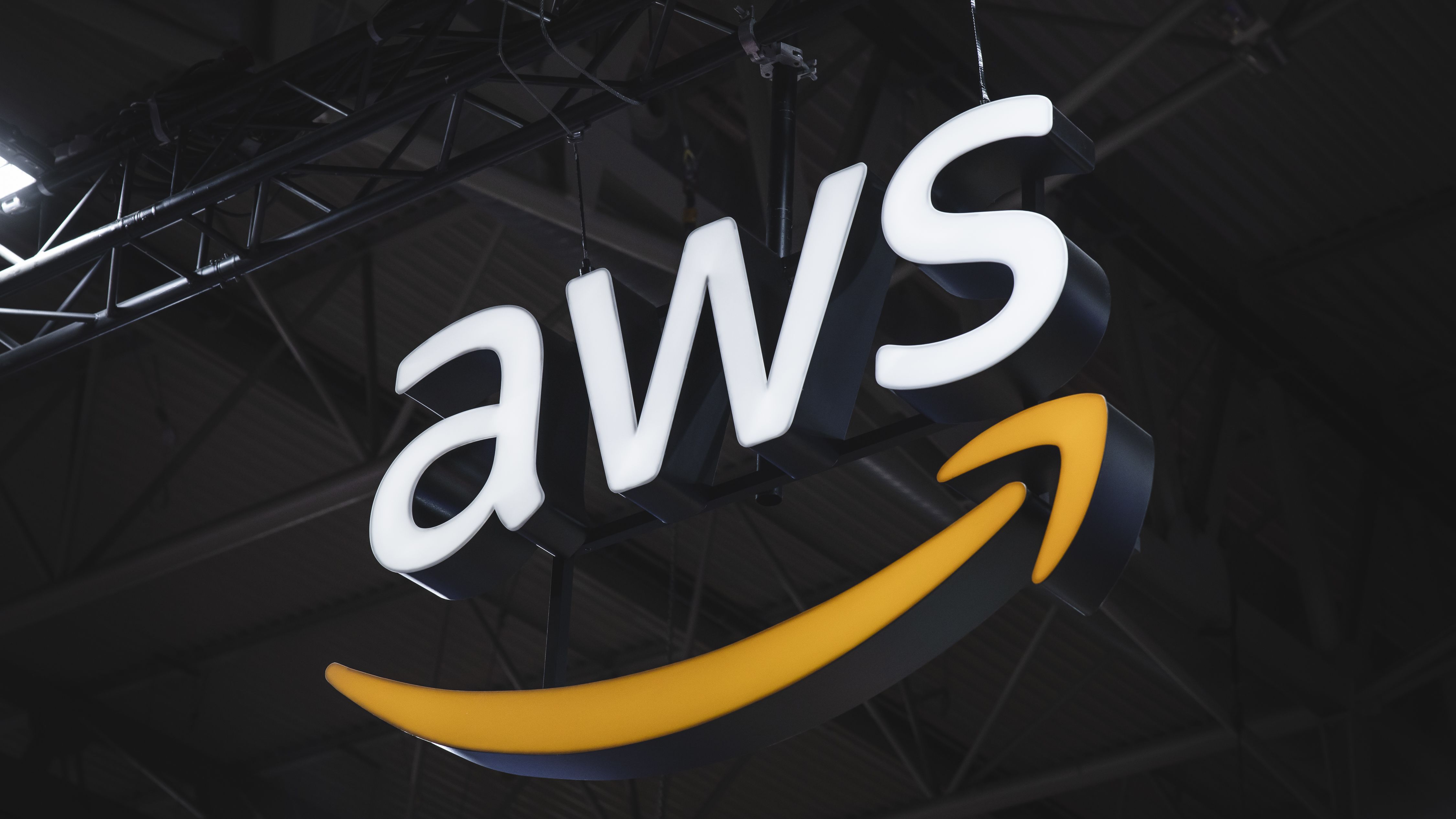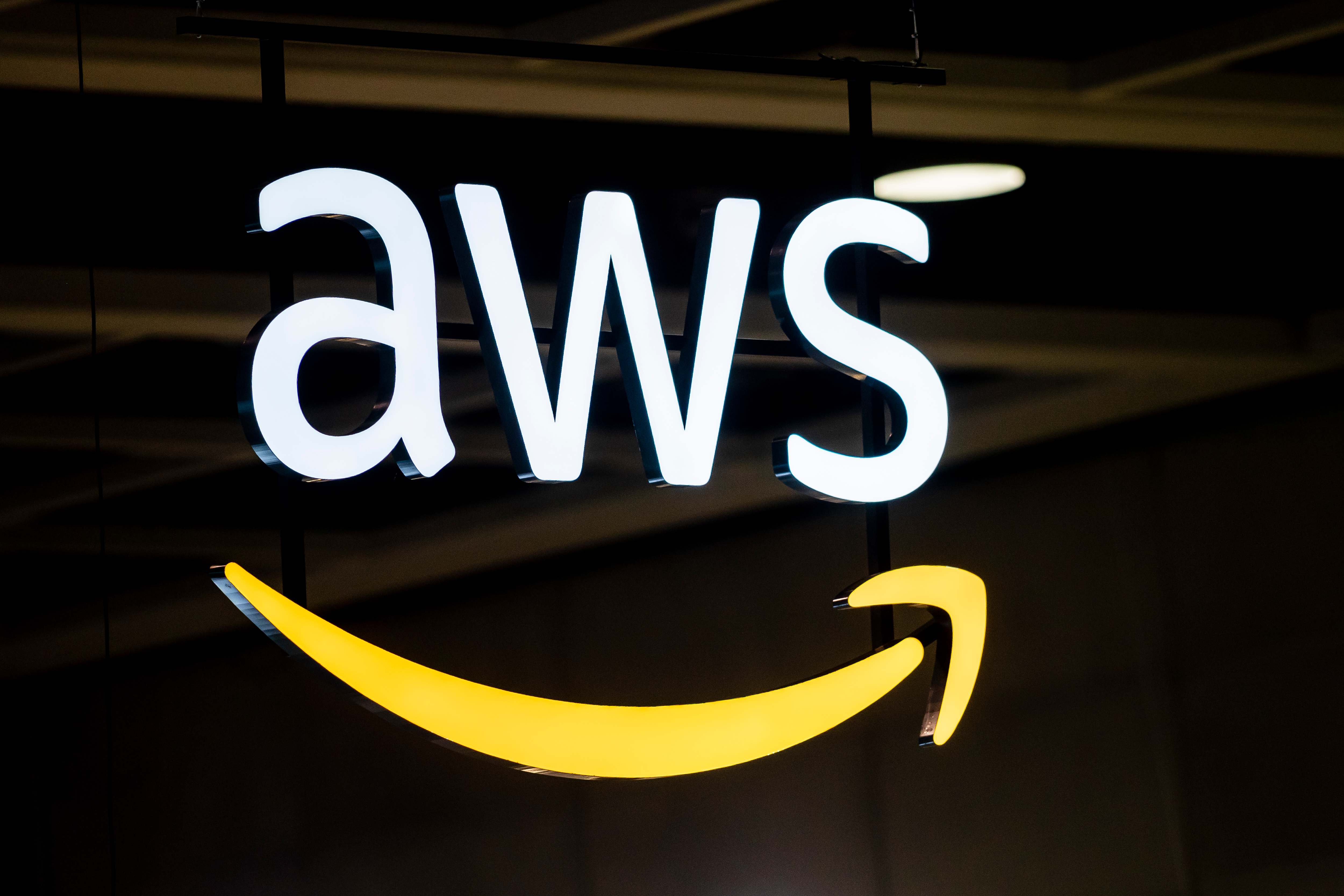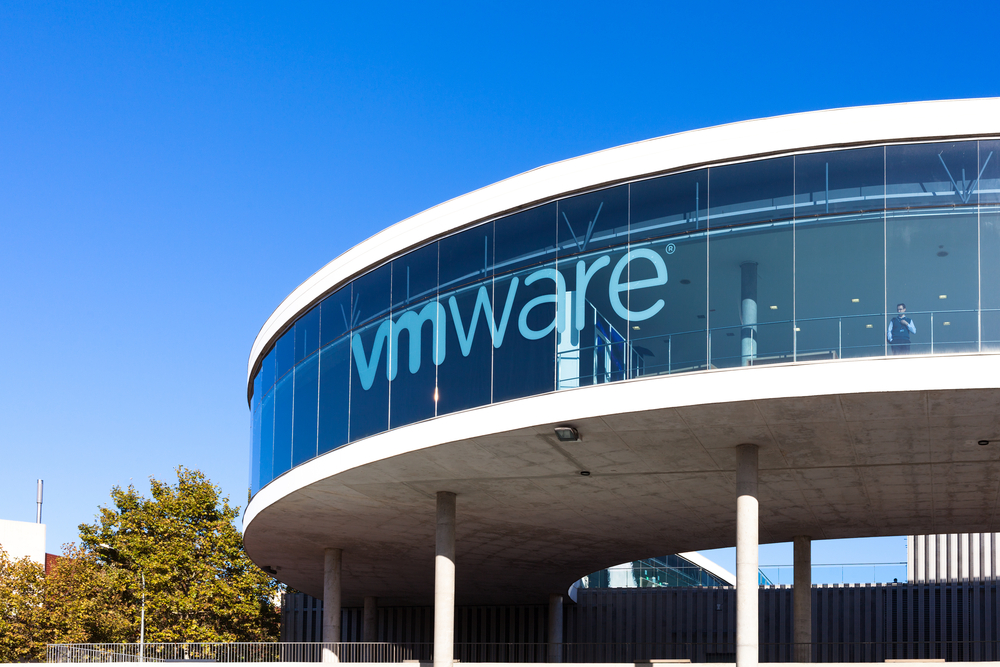Hyperscaler earnings 'highlight new era of maturity' in global cloud market
Sluggish earnings for Azure, Google Cloud, and AWS could point to a more moderate cloud market in the year ahead


Experts have suggested that the lower-than-expected earnings reported by all three of the major hyperscslers could indicate the cloud market is entering a new phase of maturity.
In recent weeks, Microsoft Azure recorded 31% revenue growth in the final quarter of the year, marking a decrease from the previous quarter.
Similarly, AWS recorded a 20% revenue increase in the fourth quarter - a decrease on 27.5% in Q3 - while Google Cloud revenue rose by 32% to $7.32 billion, narrowly missing estimates of $7.44 billion.
Suggestions that the figures illustrate a reported looming global ‘cloud slowdown’ have been somewhat dismissed by Philip Dawson, VP analyst at Gartner.
Speaking to IT Pro, he said they more likely represent the combined effects of ongoing economic challenges and changes in the way businesses approach cloud adoption.
“I think there’s a macroeconomic element here. There’s the uncertainty as a result of the post-COVID recovery, and there’s obviously the invasion of Ukraine, inflation,and higher energy costs causing uncertainty,” he told IT Pro.
“But I think cloud is entering a different phase of maturity now, and on the back of that uncertainty it might look like a slowdown.”
Get the ITPro daily newsletter
Sign up today and you will receive a free copy of our Future Focus 2025 report - the leading guidance on AI, cybersecurity and other IT challenges as per 700+ senior executives
Google Cloud and Azure gathering pace
With Google Cloud and Azure both posting more promising results than Amazon in the recent quarter, Dawson suggested that this is down to how individual providers have traditionally positioned themselves in the cloud market.
AWS has maintained the largest market share of the three hyperscalers for several years. Gartner estimates have shown that AWS led the cloud infrastructure market with a 39% share in 2021.
However, AWS has typically been a go-to provider for “lift and shift” migrations, Dawson said. Meanwhile, in recent years Google Cloud and Azure have developed a reputation for offering a broader scope of services and products.
“Amazon was very good at doing the lift and shift migration traditionally. Microsoft has a slightly different position, especially in Europe. Microsoft has its channel, structured partners, and that geographic presence,” he said.
Dawson described AWS as the traditional “radical, revolutionary” cloud vendor which has long dominated the market. However, Microsoft has positioned itself in recent years as a more “evolutionary” vendor.
“In Europe at least, that differentiates them a bit. The channel base and go-to-market in different regions and verticals gives them a different capacity and breadth.”
Google Cloud has also gathered pace during this period and has been growing at a moderate rate.
“They are investing heavily. If you take the revolutionary-evolutionary perspective, then Google is in the middle. They’re competing on price, and they’re investing in skills, which is important,” Dawson said.
Google Cloud and Azure have been highly aggressive in positioning themselves as key vendors, and this appears to have accelerated further in recent months.
Earlier this month, Microsoft announced plans to broaden access to OpenAI technologies such as ChatGPT for enterprise Azure customers in a move hailed as an “important milestone” for broader Azure service offerings.
Similarly, Google Cloud recently outlined plans to develop closer ties with its cloud ecosystem in 2023.
RELATED RESOURCE

Hyperscaler cloud service providers top ten
Why it's important for companies to consider hyperscaler cloud service providers, and why they matter
Kevin Ichhpurani, corporate vice president for global ecosystems and channels at Google Cloud, said the tech giant aims to position the Google Cloud Marketplace as the “go-to destination” for cloud customers.
While AWS has continued to maintain a far larger portion of the market, competition for the provider has heated up in recent years as Google and Microsoft both sought to expand their respective share.
AWS revenue growth has decelerated consistently over the last eight years, highlighting this increasingly stifled marketplace.
A recent Forrester study on public cloud growth highlighted this growing competitive landscape – suggesting that hyperscalers will be forced to prioritise investments in “differentiated premium services”.
Shifting cloud approach
Rising costs and growing economic disruption is prompting organisations globally to tighten budgets and reassess how they leverage cloud, and this is having an impact, Dawson said.
Similarly, current market demographics could also be playing a key role, with more cloud-mature organisations optimising processes to compensate for a lack of spending while hesitant firms double down on their traditional reluctant approach.
Dawson said that current consumer demographics with regard to cloud use can be compartmentalised into three distinct groups.
“We’ve got one-third [of businesses] in the cloud, one-third on-prem that find it difficult to move the cloud - and probably won’t within the next five years, and we have the final third that is going to the cloud.”
This middle contingent of cloud-hesitant organisations has traditionally been a tough market to pierce for all three hyperscalers, but macroeconomic conditions are exacerbating the issue as budgets become increasingly strained.
“I think that middle third is still a growth opportunity looking ahead, but more of a complex growth opportunity for vendors,” he added.

Ross Kelly is ITPro's News & Analysis Editor, responsible for leading the brand's news output and in-depth reporting on the latest stories from across the business technology landscape. Ross was previously a Staff Writer, during which time he developed a keen interest in cyber security, business leadership, and emerging technologies.
He graduated from Edinburgh Napier University in 2016 with a BA (Hons) in Journalism, and joined ITPro in 2022 after four years working in technology conference research.
For news pitches, you can contact Ross at ross.kelly@futurenet.com, or on Twitter and LinkedIn.
-
 Westcon-Comstor and Vectra AI launch brace of new channel initiatives
Westcon-Comstor and Vectra AI launch brace of new channel initiativesNews Westcon-Comstor and Vectra AI have announced the launch of two new channel growth initiatives focused on the managed security service provider (MSSP) space and AWS Marketplace.
By Daniel Todd Published
-
 Third time lucky? Microsoft finally begins roll-out of controversial Recall feature
Third time lucky? Microsoft finally begins roll-out of controversial Recall featureNews The Windows Recall feature has been plagued by setbacks and backlash from security professionals
By Emma Woollacott Published
-
 AWS, Microsoft, and Google see massive cloud opportunities in Japan - here’s why
AWS, Microsoft, and Google see massive cloud opportunities in Japan - here’s whyAnalysis AWS’ bid to expand infrastructure in Japan will see it it invest over $15 billion, but it’s not the only hyperscaler that has its eye on big gains in the country
By Solomon Klappholz Published
-
 AWS layoffs: Why Amazon is cutting staff from its most profitable division
AWS layoffs: Why Amazon is cutting staff from its most profitable divisionNews AWS layoffs follow a period of slowing growth and decreasing market share for the cloud division
By Ross Kelly Published
-
 AWS invests $6 billion in Malaysia cloud expansion as SEA competition heats up
AWS invests $6 billion in Malaysia cloud expansion as SEA competition heats upNews While AWS continues expanding its footprint in Southeast Asia, Chinese competitors are edging into this expanding market
By Ross Kelly Published
-
 AWS splashes $35 billion to expand data centres in Virginia
AWS splashes $35 billion to expand data centres in VirginiaNews The massive figure is close to the total sum AWS has previously invested in the state since 2006
By Zach Marzouk Published
-
 AWS launches Australia's first local zone for low-latency workloads and data residency
AWS launches Australia's first local zone for low-latency workloads and data residencyNews The company is aiming to help customers who need infrastructure closer to their data sources or end-users
By Zach Marzouk Published
-
 AWS follows Google in opening a cloud region in Thailand
AWS follows Google in opening a cloud region in ThailandNews The region is one of 24 other global regions announced by the company
By Zach Marzouk Published
-
 NetApp teams up with VMware to help businesses migrate enterprise workloads
NetApp teams up with VMware to help businesses migrate enterprise workloadsNews Amazon FSx for NetApp ONTAP is the first native AWS cloud storage to be certified as a supplemental datastore for VMware cloud on AWS
By Daniel Todd Published
-
 AWS announces new region in United Arab Emirates
AWS announces new region in United Arab EmiratesNews The country is already home to AWS’ Middle East (Bahrain) region, launched in 2019
By Praharsha Anand Published